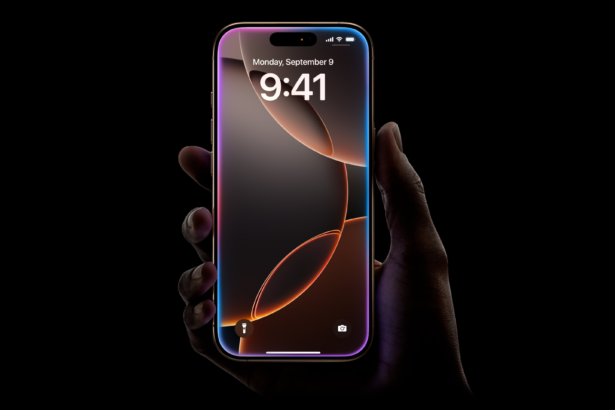A potential court decision could force Google to stop paying for the iPhone’s default search engine. This has led Google to scramble to find alternative solutions and reduce dependence on Apple’s ecosystem. This comes after reports suggesting Apple could lose $20 billion annually if the DOJ’s antitrust case succeeds.
New data reveals Apple’s substantial cut from iPhone searches. According to The Information, 36% of Google’s ad revenue from iPhone Safari goes to Apple. This translates to nearly a quarter of $56 billion, a significant chunk of Google’s total search revenue.
Google’s efforts to steer iPhone users away from Safari predate the DOJ’s antitrust lawsuit by over a decade. The company launched its Chrome browser for iOS years ago and has been actively promoting its use on iPhones ever since.
Google is actively promoting its Chrome browser for iPhones, consistently adding new features like the recent integration of its AI technology, Gemini. This push aims to reduce reliance on Apple’s Safari browser.
Five years ago, around 25% of iPhone searches used Chrome or Google apps. While this number has grown to 30%, internal Google targets reportedly aimed for half of all searches by 2030. Unspecified sources suggest this growth has stalled since mid-2023.
The urgency to lessen dependence on Apple is twofold. Firstly, Google integrates AI and trendy features like TikTok-style videos to attract users to its apps. Secondly, reducing reliance on Safari strengthens Google’s position in future negotiations with Apple, especially if courts force the current search deal to end.
Interestingly, Google is reportedly already in talks with Apple to license Gemini for iPhones, potentially offering their AI assistant within the Apple ecosystem.
What Does This All Mean For Apple Users?

Here’s a breakdown of what this means for Apple users, depending on how the situation unfolds. Users may see (and feel) a shift by looking at two potential scenarios.
Scenario 1: Google Increases iPhone Search Share (More Choice and No Big Changes)
If Google successfully increases its search share on iPhones, users might have a wider range of browser options and features. For example, users who prefer Google’s interface or specific Chrome features could benefit.
Even if Google increases its share, it’s unlikely that Apple will completely lose its dominance in the iPhone browser market. Users will likely still have the option to stick with Safari.
Scenario 2: Google Loses Deal with Apple (Search Engine Change and User Choice)
In the extreme scenario where courts force Google to stop paying for the default search status, Apple might choose a new default search engine. This could lead to a different search experience on iPhones, requiring users to adjust.
Apple might offer users the option to choose their preferred search engine, giving them more control.
While the legal battle and Google’s efforts might lead to some changes in the search landscape for iPhones, it’s likely to be a gradual evolution. Users will probably still have access to both Safari and Chrome, with the potential for more choice in the future.




